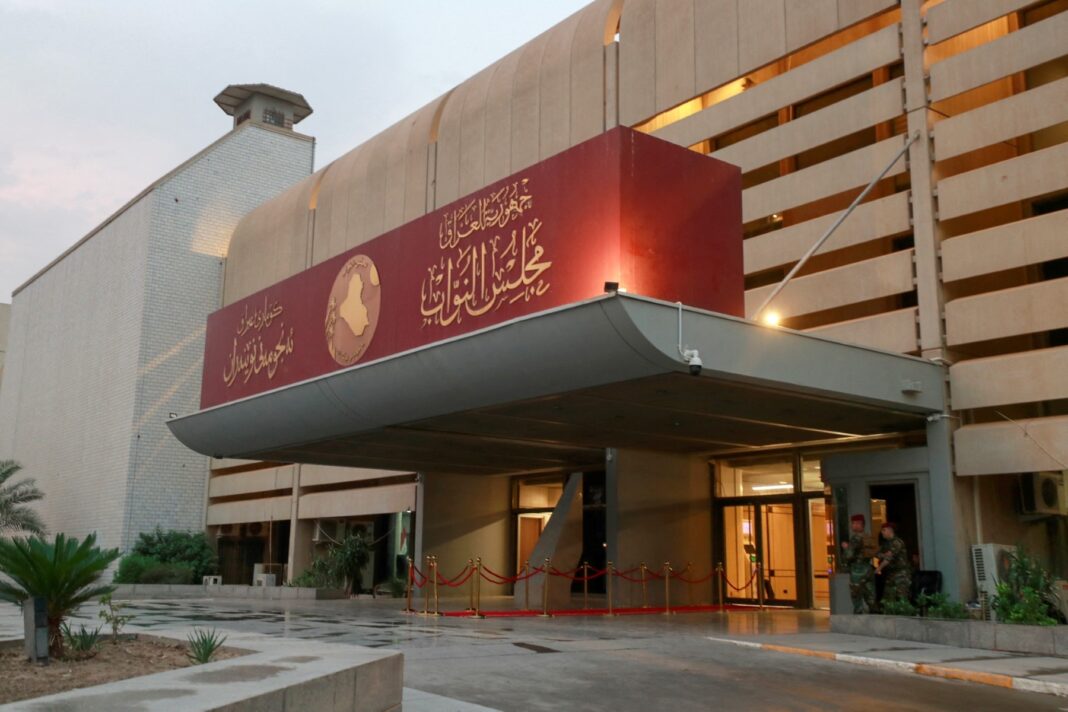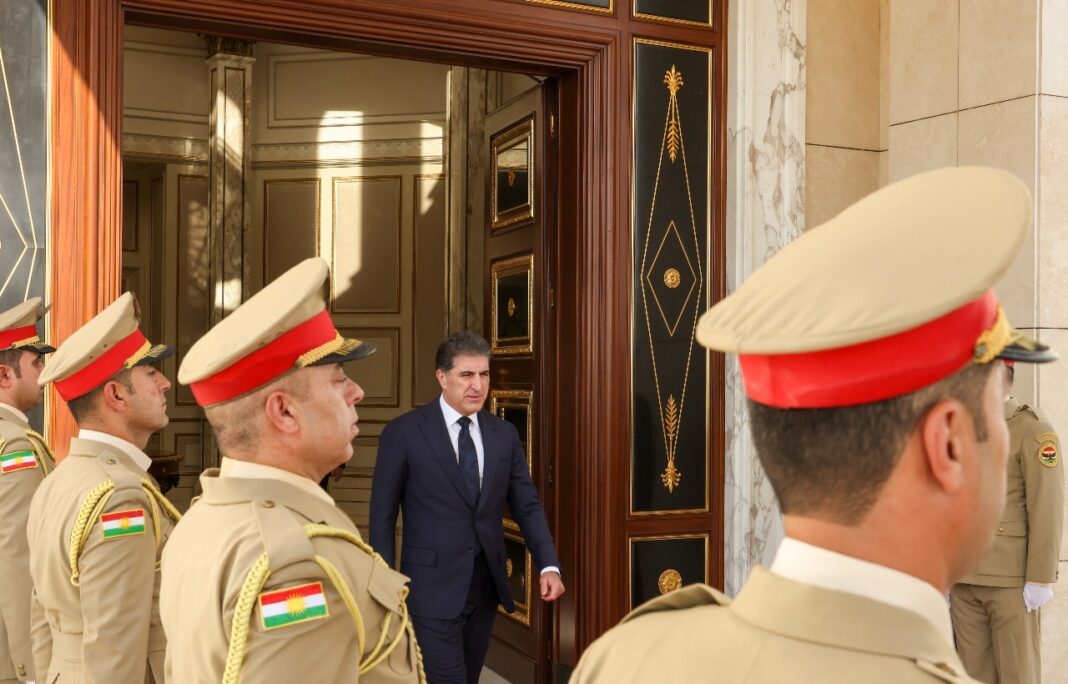The Baghdad Capital Law is finally gaining momentum after years of delay. The Parliamentary Committee for Regions and Governorates announced new steps to push the law forward, describing it as one of the most important frameworks for managing Baghdad as Iraq’s political, economic, and administrative heart.
Committee Vice President Jawad Al-Yasari explained that the law aims to create a clear legal framework for governing Baghdad. Moreover, it seeks to organize the city’s administration and define the responsibilities of both ministries and local departments. According to Al-Yasari, this initiative will align Baghdad’s governance with the standards of other global capitals.
The committee has already begun holding meetings with ministries, experts, and specialists to discuss the law’s details. Members are working to ensure the draft considers Baghdad’s unique historical, social, and economic character. Therefore, the proposed law not only regulates administration but also respects the city’s identity.
Committee member Ahmed Salal highlighted that the law is required by the Constitution but remained stalled for many years due to political disputes. With this new momentum, lawmakers hope to overcome past disagreements. Salal stressed that one of the main goals is to grant the Baghdad Mayor strong and precise powers. This will allow for a clear separation of authority and reduce ongoing conflicts between local governments and central ministries.
Furthermore, Salal explained that granting the mayor broader authority will help solve administrative problems that have slowed development in Baghdad. In turn, this reform could strengthen governance and make local services more efficient. The committee is preparing to submit the draft for a first reading in Parliament soon, after which they aim to accelerate its passage into law.
Members argue that the Baghdad Capital Law urgently boosts the city’s status. They also insist that it will guarantee fair rights for residents and improve overall governance. Therefore, the law represents a turning point for Iraq’s largest city and could shape its governance for decades to come.



